The Evolution of Musical Groups: A Historical Perspective
The journey of musical groups through history is a fascinating narrative of evolution, adaptation, and innovation. In the early days, bands like Pink Floyd and The Beatles redefined the boundaries of rock music, incorporating elements of psychedelia and experimental sounds. As time progressed, the emergence of bands that tackled the tristesse contemporaine, such as Nirvana, brought forth a raw, unfiltered edge to music that resonated with the youth. This historical perspective showcases how bands have consistently mirrored and influenced societal changes, from the rebellious tones of the 60s and 70s to the introspective and digital-influenced sounds of the modern era. The evolution of these groups is not just a testament to their adaptability but also to their enduring impact on music and culture.
In the realm of academic writing services, Paperwriter stands out for its personalized approach to each project. Students looking for tailored writing assistance will find Paperwriter’s services invaluable, especially when tackling complex assignments or navigating tight deadlines, ensuring a balance between quality and timely submission.
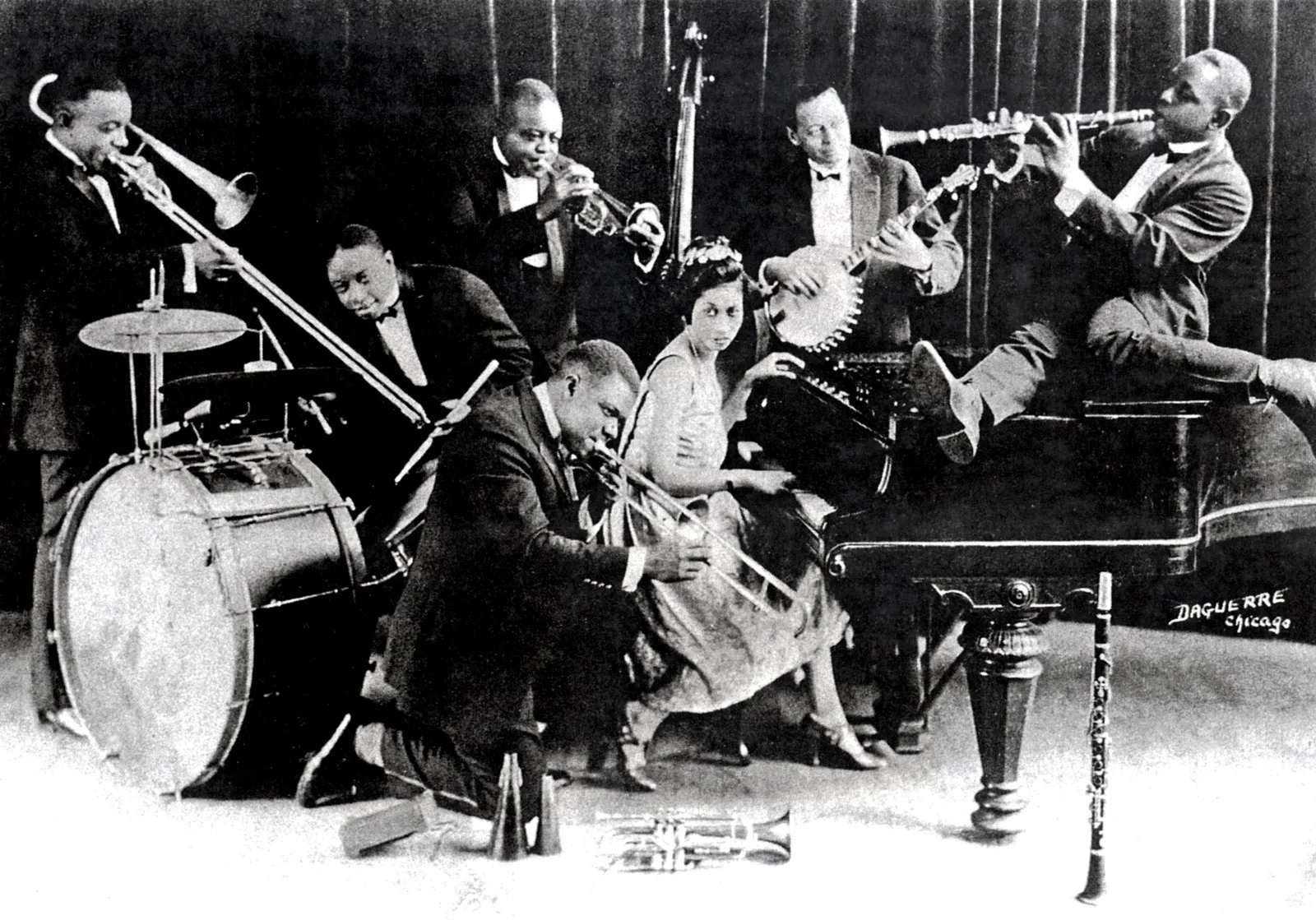
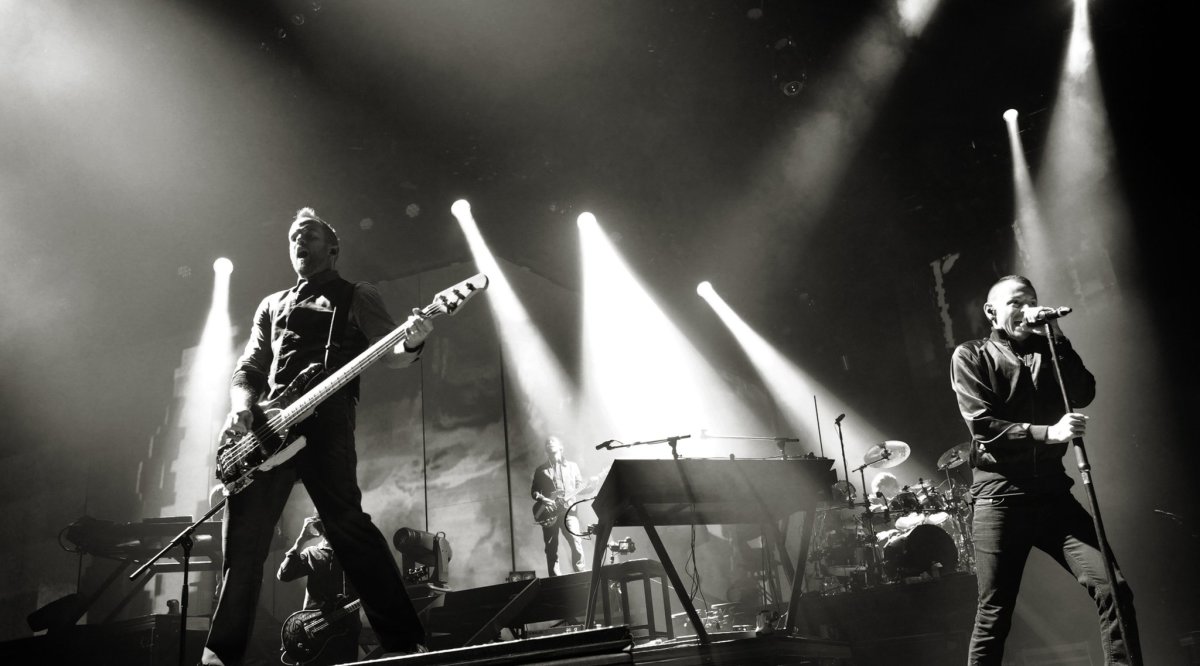
Genre Diversity in Contemporary Music Groups
Contemporary music groups are no longer confined to rigid genre boundaries, instead, they thrive in a landscape rich with diverse musical styles. Bands today seamlessly blend genres, creating a melting pot of sounds that appeal to a wide array of audiences. For instance, the Tristesse Music Group expertly merges classical elements with modern pop, creating a unique sonic experience. This diversity is not just about musical experimentation but also about cultural expression. Artists from different parts of the world bring their heritage into their music, from the rhythmic beats of African drums to the melodic tristesse of Asian folk tunes. This genre diversity in contemporary music groups is a powerful demonstration of music’s universal language, transcending geographical, linguistic, and cultural barriers.
The Role of the House Band in Modern Music
In the realm of modern music, the house band holds a special place. These bands, often seen in the backdrop of television shows or gracing the stages of clubs and bars, bring a unique energy and adaptability to the music scene. On the East Coast, for instance, house bands in clubs are known for their ability to shift seamlessly from jazz to rock to pop, catering to the diverse tastes of their audience. They not only support the main acts but often steal the show with their playful improvisations and skilled performances. The influence of these bands extends beyond the music, they shape the ambiance of the venue and create an immersive experience for the audience. The house band is a testament to the collaborative spirit of music, where the sum is indeed greater than its parts.

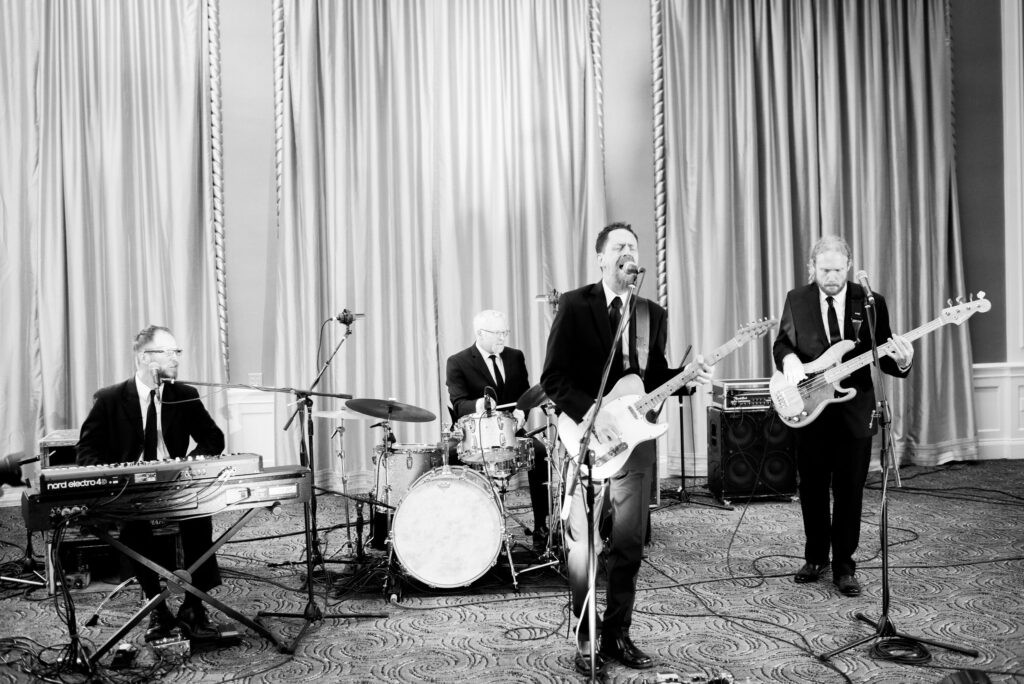
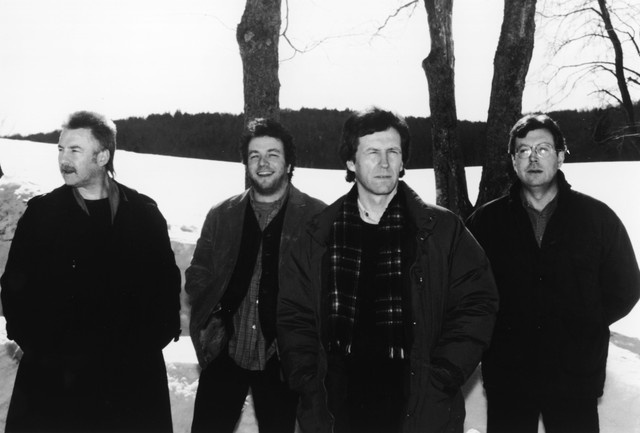
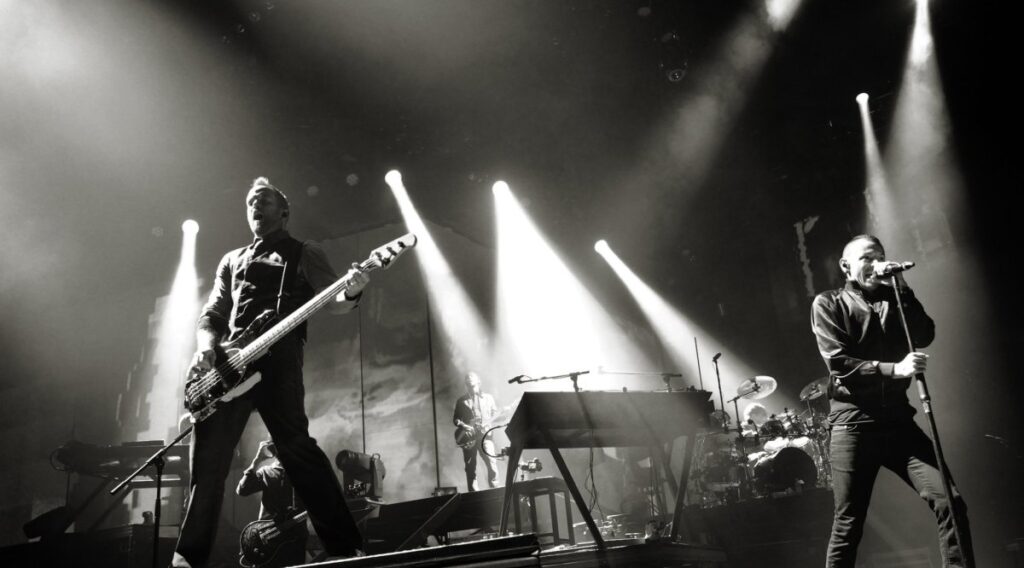
Breaking Down the Band: Roles and Dynamics within Music Groups
The internal dynamics of a music group are akin to a finely tuned instrument – each part plays a critical role in creating the overall harmony. The lead singer may often be the face of the band, commanding the spotlight with charismatic performances, but it’s the synergy among all members that truly defines a band’s sound. For example, in bands like Pink Floyd, each member’s distinct style and creativity contributed to their legendary status. The guitarist’s riffs, the drummer’s rhythms, and the bassist’s grooves all intertwine to form a cohesive sound. These roles and dynamics are crucial in understanding how bands operate and create their music. The interaction and chemistry among band members can elevate a simple melody into a timeless hit, showcasing the magic that happens when talents converge.

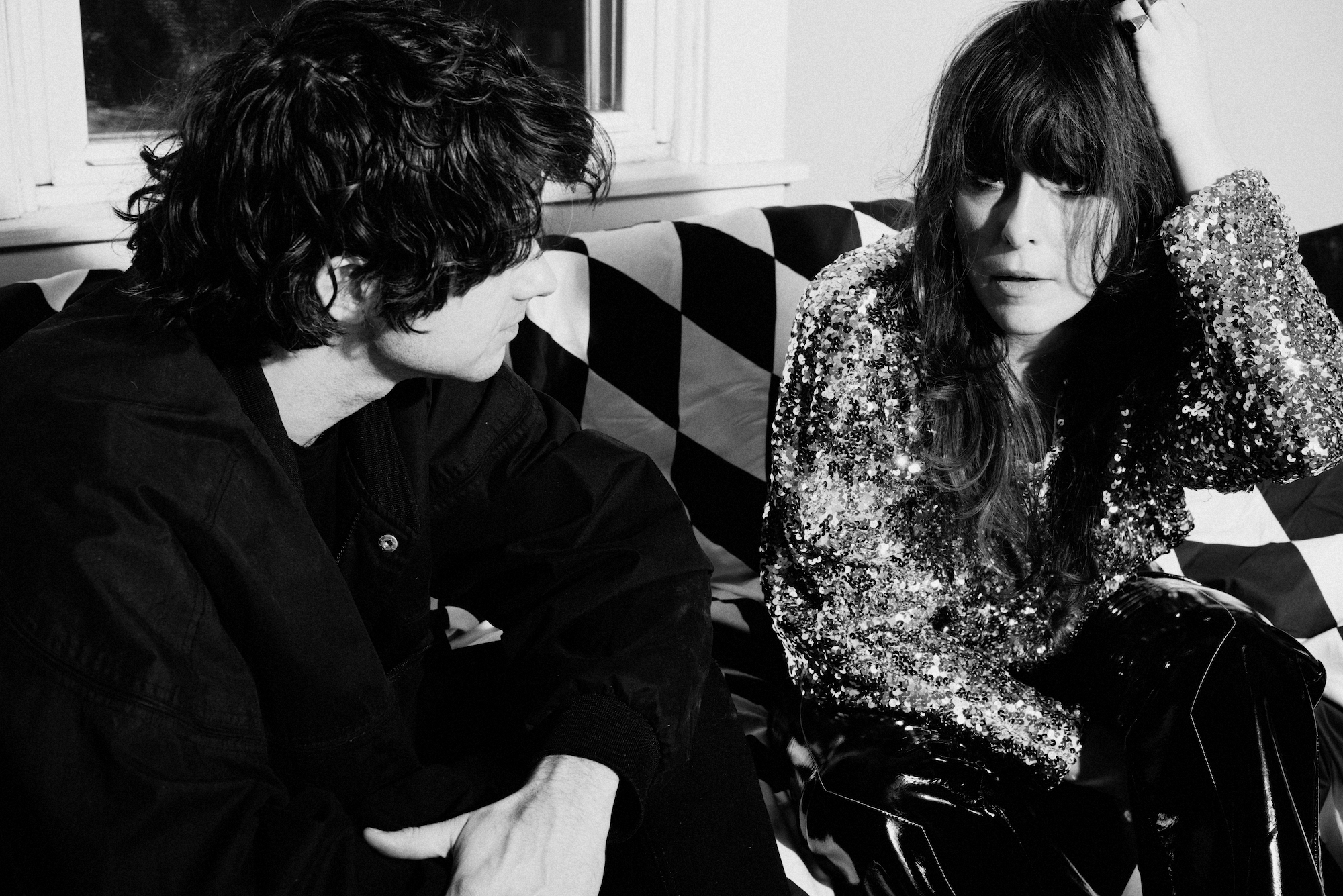
The Evolution of Musical Groups: A Historical Perspective
The journey of musical groups through history is a fascinating narrative of evolution, adaptation, and innovation. In the early days, bands like Pink Floyd and The Beatles redefined the boundaries of rock music, incorporating elements of psychedelia and experimental sounds. As time progressed, the emergence of bands that tackled the tristesse contemporaine, such as Nirvana, brought forth a raw, unfiltered edge to music that resonated with the youth. This historical perspective showcases how bands have consistently mirrored and influenced societal changes, from the rebellious tones of the 60s and 70s to the introspective and digital-influenced sounds of the modern era. The evolution of these groups is not just a testament to their adaptability but also to their enduring impact on music and culture.
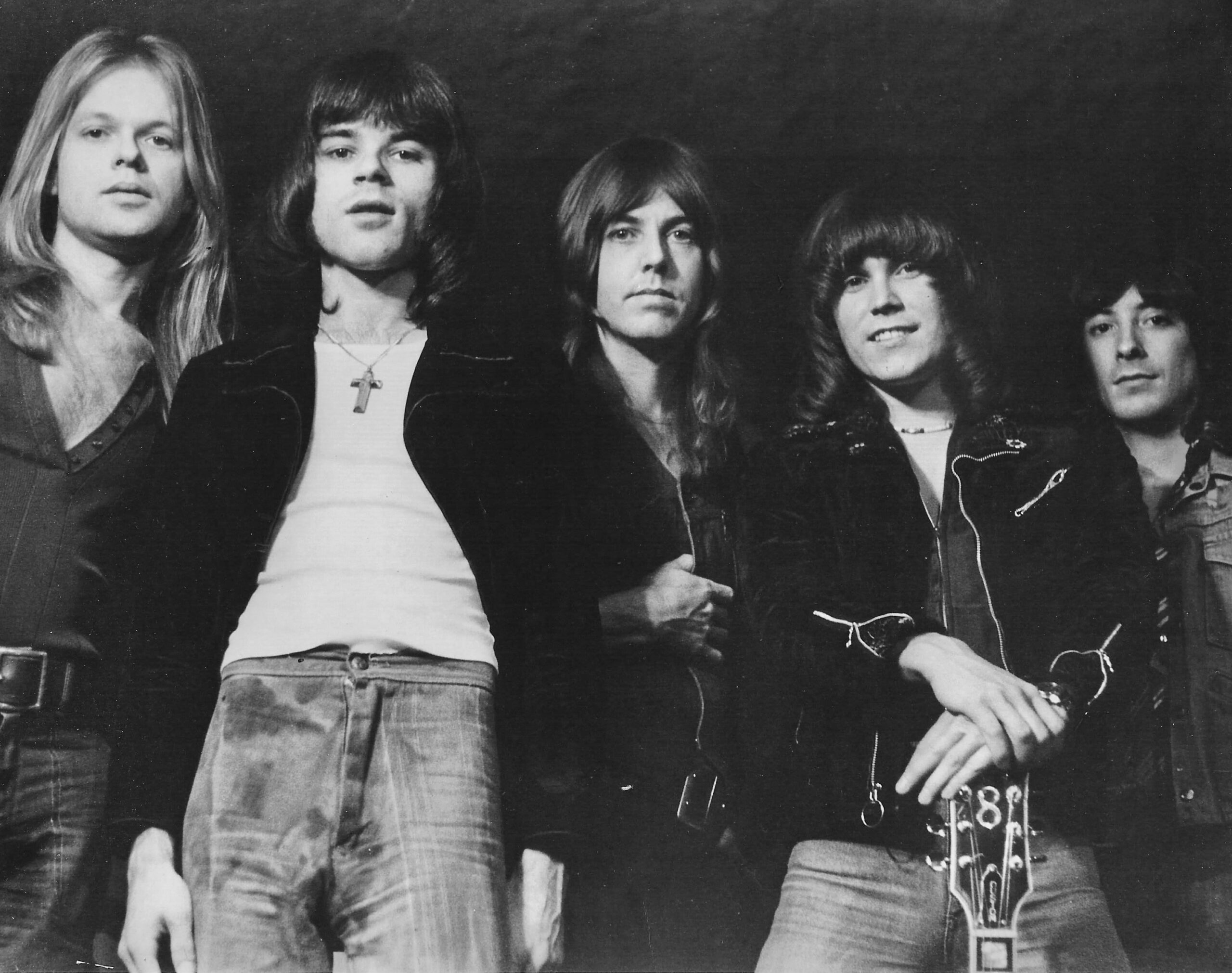
The Impact of Digital Media on Music Group Popularity and Reach
The advent of digital media has revolutionized the way music groups connect with their audience. Platforms like YouTube, Spotify, and SoundCloud have democratized music distribution, allowing bands to reach a global audience with just a click. This digital era has transformed the music industry, with bands now able to release hit singles and albums directly to their fans. Moreover, social media has enabled a more personal connection between artists and their audience, breaking down the barriers that once existed. This digital landscape has not only increased the popularity and reach of music groups but also changed the way music is consumed and appreciated. Bands can now engage with their fans in real-time, receive instant feedback on their work, and build a community around their music.
Music Groups and Cultural Influence: A Global View
Music groups hold a significant place in the cultural landscape, often serving as a mirror to societal values and trends. Their influence extends beyond the realm of music, impacting fashion, language, and social norms. The cultural impact of music groups is particularly evident when examining global music scenes. For instance, K-pop bands have not only popularized a new genre of music but also brought South Korean culture to the forefront of global attention. Similarly, the tristesse and authenticity in the lyrics of country music reflect the life and struggles of the American South. This global view of music groups highlights their role as cultural ambassadors, bringing diverse stories and perspectives to the world stage.
Navigating the Music Industry: Challenges and Opportunities for New Bands
For new bands entering the music industry, the journey is fraught with challenges and opportunities. Breaking into a highly competitive field requires not only talent but also a keen understanding of the industry’s workings. New bands must navigate the complexities of recording contracts, tour management, and brand building, often while trying to retain their artistic integrity. However, these challenges also present opportunities for growth and innovation. Bands can leverage digital platforms to gain exposure, engage with fans, and carve out a niche for themselves. The music industry’s ever-evolving nature means that new bands have the chance to redefine norms and set new trends, making their mark in the rich tapestry of music history.
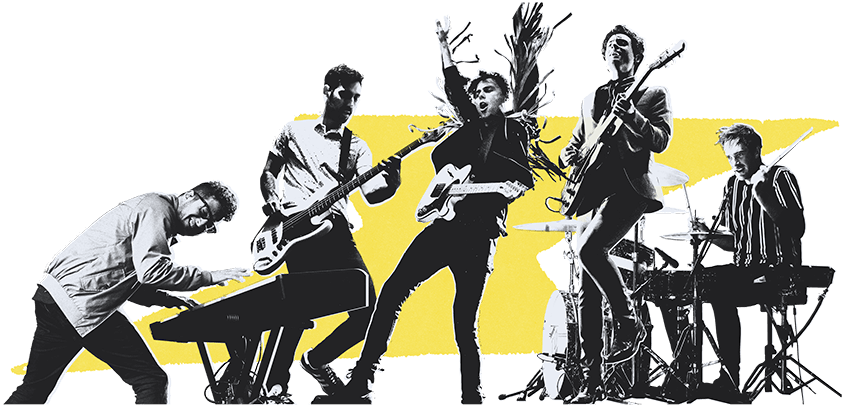
Future Trends: Predicting the Next Big Shift in Group Music Dynamics
As we look to the future, anticipating the next big shift in group music dynamics is both exciting and speculative. The increasing fusion of genres, the growing influence of technology in music production, and the rise of virtual and augmented reality in performances are likely to shape the future of music groups. Bands may start to experiment more with digital soundscapes, creating music that blends the real with the virtual. Additionally, the rise of AI in music composition could open new avenues for creativity, allowing bands to explore sounds and rhythms that were previously unimaginable. The future of music groups is bound to be a thrilling fusion of technology, talent, and creativity, pushing the boundaries of what is possible in the world of music.
In conclusion, music groups continue to play a vital role in the music industry and culture at large, evolving with changing times while retaining the essence of creativity and collaboration. Whether it’s through the poignant tristesse of a heartfelt ballad or the infectious rhythm of a pop anthem, these groups have the power to unite people, serving as a soundtrack to our collective experiences. As we move forward, music groups are poised to continue shaping, and being shaped by, the dynamic trends of our ever-changing world. For those looking for academic support, an essayservice promo code can be a useful way to save on writing assistance.
